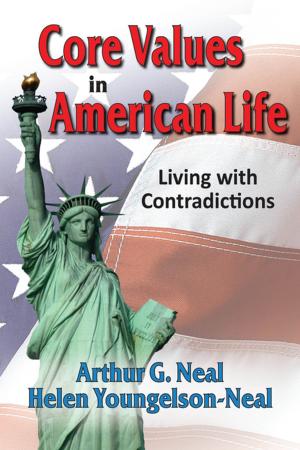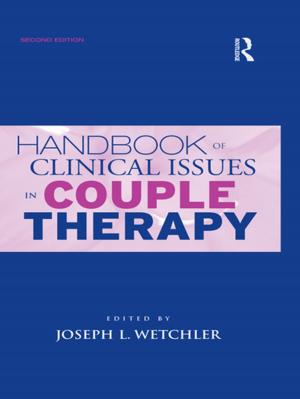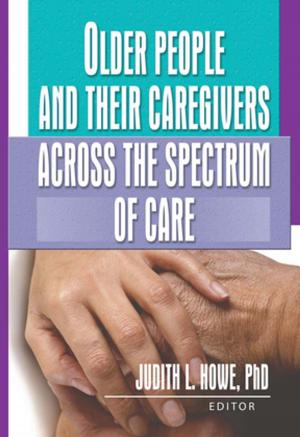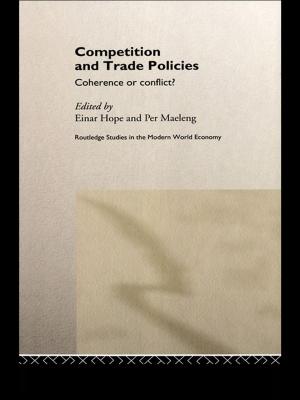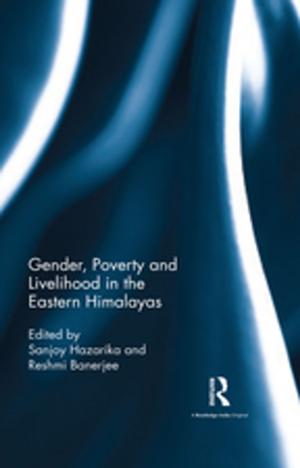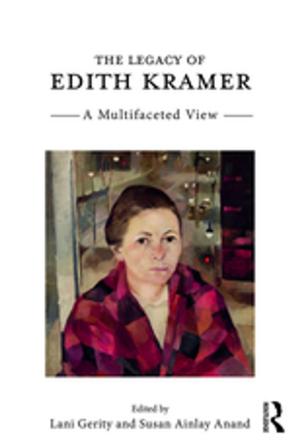Psychoanalysis, Class and Politics
Encounters in the Clinical Setting
Nonfiction, Health & Well Being, Psychology, Psychoanalysis, Psychotherapy, Social & Cultural Studies, Political Science| Author: | ISBN: | 9781134181612 | |
| Publisher: | Taylor and Francis | Publication: | September 27, 2006 |
| Imprint: | Routledge | Language: | English |
| Author: | |
| ISBN: | 9781134181612 |
| Publisher: | Taylor and Francis |
| Publication: | September 27, 2006 |
| Imprint: | Routledge |
| Language: | English |
Do political concerns belong in psychodynamic treatment?
How do class and politics shape the unconscious?
The effects of an increasingly polarized, insecure and threatening world mean that the ideologically enforced split between the political order and personal life is becoming difficult to sustain. This book explores the impact of the social and political domains at the individual level.
The contributions included in this volume describe how issues of class and politics, and the intense emotions they engender, emerge in the clinical setting and how psychotherapists can respectfully address them rather than deny their significance. They demonstrate how clinicians need to take into account the complex convergences between psychic and social reality in the clinical setting in order to help their patients understand the anxiety, fear, insecurity and anger caused by the complex relations of class and power. This examination of the psychodynamics of terror and aggression and the unconscious defences employed to deny reality offers powerful insights into the microscopic unconscious ways that ideology is enacted and lived.
Psychoanalysis, Class and Politics will be of interest to all mental health professionals interested in improving their understanding of the ideological factors that impede or facilitate critical and engaged citizenship. It has a valuable contribution to make to the psychoanalytic enterprise, as well as to related scholarly and professional disciplines.
Do political concerns belong in psychodynamic treatment?
How do class and politics shape the unconscious?
The effects of an increasingly polarized, insecure and threatening world mean that the ideologically enforced split between the political order and personal life is becoming difficult to sustain. This book explores the impact of the social and political domains at the individual level.
The contributions included in this volume describe how issues of class and politics, and the intense emotions they engender, emerge in the clinical setting and how psychotherapists can respectfully address them rather than deny their significance. They demonstrate how clinicians need to take into account the complex convergences between psychic and social reality in the clinical setting in order to help their patients understand the anxiety, fear, insecurity and anger caused by the complex relations of class and power. This examination of the psychodynamics of terror and aggression and the unconscious defences employed to deny reality offers powerful insights into the microscopic unconscious ways that ideology is enacted and lived.
Psychoanalysis, Class and Politics will be of interest to all mental health professionals interested in improving their understanding of the ideological factors that impede or facilitate critical and engaged citizenship. It has a valuable contribution to make to the psychoanalytic enterprise, as well as to related scholarly and professional disciplines.


